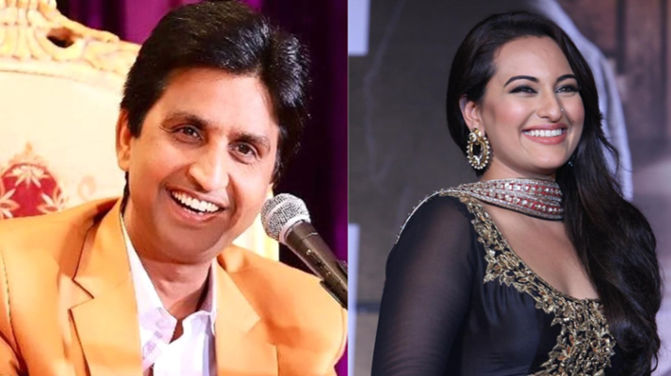Duchess of Sussex Meghan Markle has faced accusations of mistreating former employees, with some ex-staffers labeling her a “demon.” Describing her as a “terrible boss” who “barks out orders” like a “dictator in high heels,” one staff member shared with the Daily Beast that there were “bad, very bad, even psycho moments.” They observed others being “chewed up in person and over the phone,” leading them to feel “like s–t.” Another source remarked, “It was an incredibly fraught time, and I’m inclined to give her the benefit of the doubt. She has said herself she was suicidal at times.”
An anonymous source characterized Meghan as a “classic narcissist,” stating, “She is lovely when it is all going her way but a demon when the worm turns.” The couple’s chief of staff noted high staff turnover, which raises questions about the ex-staffers’ claims, especially after Meghan’s top aide and private secretary resigned just three months after starting in 2021.
Despite the negative comments from former staff, some individuals defended Meghan, suggesting that the opinions about her may be overly harsh. The situation raises questions about whether women in positions of power face unique scrutiny. Would the same orders from Harry have been perceived differently? Would Harry have made headlines for being stern with staff?
Women in authority often encounter judgment and criticism, with their actions being closely monitored and analyzed. Many times, they must adopt a firm demeanor to prevent being taken for granted, which could be true for Meghan. Additionally, a significant number of people, both men and women, struggle to accept orders from women in leadership roles. Some men may feel their ego is bruised when taking direction from a woman, leading them to express their frustrations through unfounded criticism.







